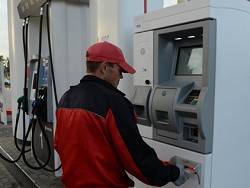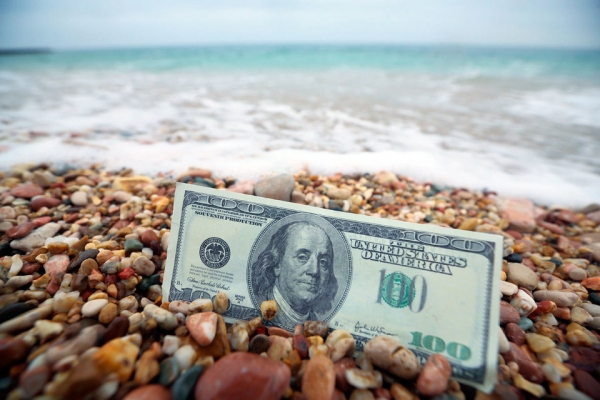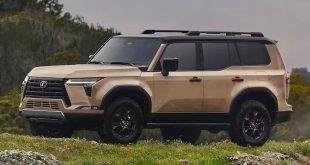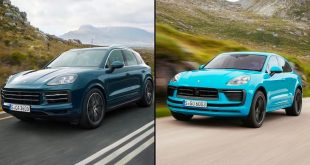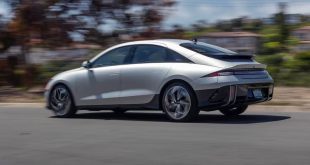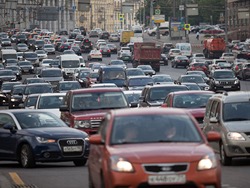
The President of Russia Vladimir Putin has approved amendments to the Tax code, increasing excise duties on cars. The corresponding law was published on the Kremlin website.
From January 1, excise tax (indirect tax levied on manufacturers and sellers of excisable goods — as a rule, products of mass consumption) on cars with engine capacity from 90 to 150 horsepower increased from 37 rubles per horsepower to 41 of the ruble. The amendments also provide that from 1 January 2017 it will increase to 43 rubles. Thus, the amount of the fee, with 100-horsepower cars will grow from 3700 rubles per car up to 4100 rubles.
The tax on cars and motorcycles with an engine more powerful 150 horsepower will grow this year by 10 percent, to 402 rubles per horsepower. As at 31 December of the previous year it amounted to 365 rubles. With cars equipped with engines up to 90 horsepower, the excise tax is still not charged.
Changes to article 193 of the Tax code. The law was passed by the state Duma and the Federation Council approved it on February 26.
The analyst of “VTB Capital” Vladimir Bespalov considers that the increase in excise duties will not affect the sales of cars, as they constitute a negligible share of the cost. However, the expert adds, in the first half of the year, we can expect that sales in the Russian market will continue to fall. “Until the summer sales will decline according to half year results will fall within 15 percent (last year’s result — approx. “The tape.ru”), “—said he.
According to forecasts of the Association of European businesses (AEB), in 2016 sales of new passenger cars and light commercial vehicles in Russia decrease by 4 percent compared with last year, to 1.53 million units. The decline in sales continues for the fourth year in a row. In 2015, sales of passenger cars and LCV in the Russian market fell by more than a third. With more than 50 percent of new cars were bought under the government programs supporting the auto industry (preferential loans, utilization of, and trade in, leasing).

